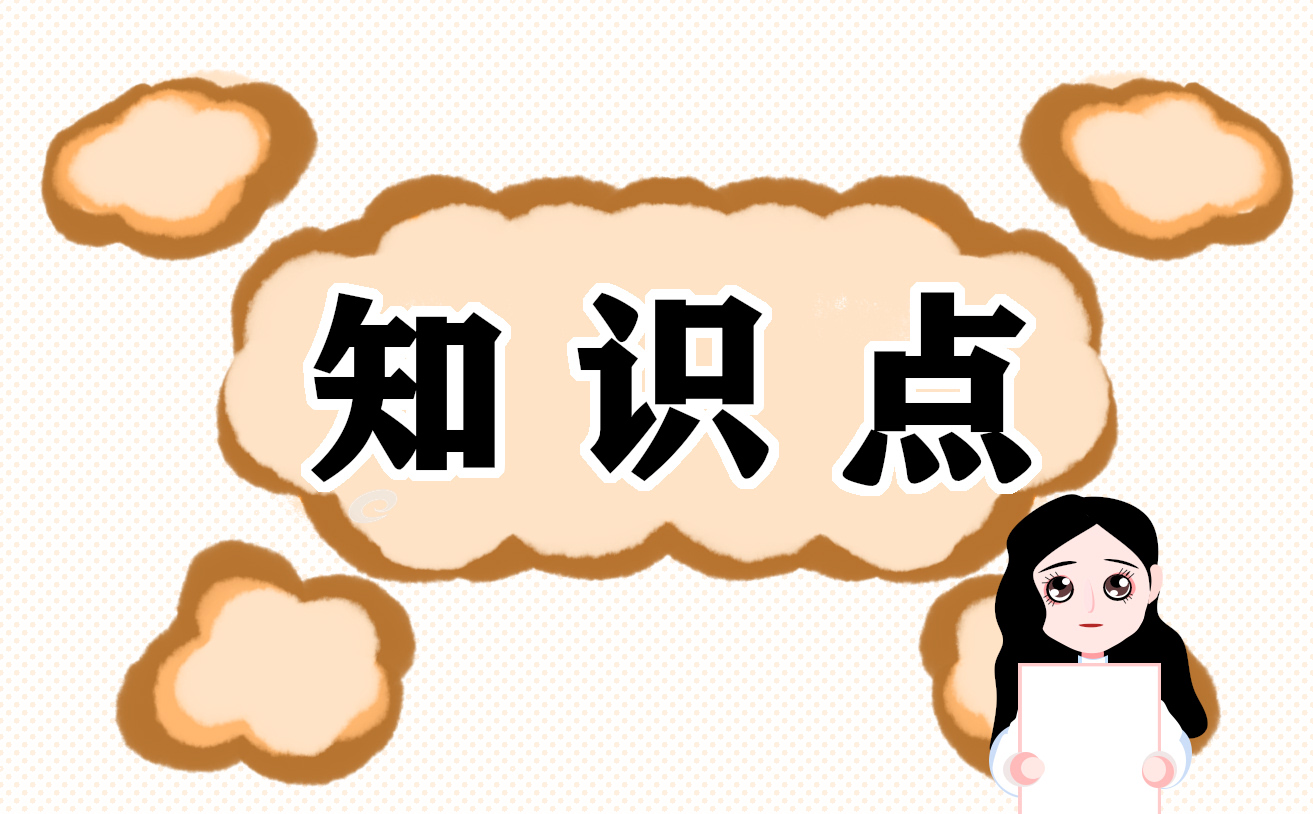高中英语副词的知识点
副词(Adverb 简称adv.)是指在句子中表示行为或状态特征的词,用以修饰动词、形容词、其他副词或全句,表示时间、地点、程度、方式等概念。下面小编给大家分享一些高中英语副词的知识,希望能够帮助大家,欢迎阅读!

高中英语副词的知识1
形容词副词的比较级和最高级
1.形容词、副词的比较级和最高级,在重读闭音节(即:辅音+元音+辅音)中,先双写末尾的辅音字母,比较级加-er,最高级加-est;
如:
big→bigger→biggest
hot→hotter→hottest
fat→fatter→fattest
sad→sadder→saddest
mad→madder →maddest
wet→wetter→wettest
2. 以辅音字母加y结尾的,变y为i,加er,如:
easy-easier
happy-happier
funny-funnier
early-earlier
busy-busier
dirty-dirtier(更脏)
heavy-heavier(更重)
healthy-healthier
friendly-friendlier
angry ugly,
但是:shy-shyer.
以元音字母+y结尾时,y不变,直接加er或est。如grey----greyer
3.、不规则变化
good/well— better—best
bad/badly/ill—worse—worst
many/much— more—most
old—older/elder—oldest/eldest
little— less —least
far—farther/further—farthest/furthest
2、单音节不规则变化
tired—more tired—most tired
fond —more fond—most fond
glad—more glad—most glad
bored— more bored—most bored
pleased —more pleased—most pleased
3、两种变化(少数几个双音节词以及以er或le结尾的词,可以有两种比较级和最高级)
cruel -crueler-cruelest/more cruel-most cruel
strict-stricter-strictest/more strict-most strict
often-oftener-oftenest/more often-most often
friendly-friendlier-friendliest/more friendly-most friendly
clever-cleverer-cleverest/more clever-most clever
4、没有比较级
empty wrong perfect unique extreme excellent favourite favorite true right correct extremely possible first final last empty wooden
5、在原级形容词之前加less, least构成的比较级与最高级成为“较低级”与“最低级”形式。
如:kind---less kind---least kind
useful---less useful----least useful
高中英语副词的知识2
形容词+ly购成副词的规则
1. 辅音字母+y easy happy, heavy, busy 但是shyly, dryly
2. le结尾去e加y。simple, gentle,但是whole wholly
3. 元音字母+e结尾,true-truly,但duely
4. i,c结尾的加ally, 如basic scientific automatic energetic
5. 以le结尾的形容词
大部分形容词加-ly可构成副词。但 friendly,deadly,lovely,lonely,likely,lively,ugly,brotherly,仍为形容词。
改错:
(错) She sang lovely.
(错) He spoke to me very friendly.
(对) Her singing was lovely.
(对) He spoke to me in a very friendly way.
friendly友好的---a friendly smile友好的微笑
fatherly像父亲的---a fatherly teacher一位父亲式的教师
lovely可爱的---a lovely girl一位可爱的姑娘
lively活泼的---a lively child一位活泼的小孩
lonely孤独的---a lonely traveller一位孤独的旅客
deadly致命的---a deadly blow致命的一击
silly傻的,无聊的---a silly question愚蠢的问题
orderly秩序的---an orderly mind有条不紊的头脑
manly男子气概的---a manly person具有男子气概的人
daily每日的---daily work日常工作
weekly每星期的---a weekly magazine周刊
yearly每年的---a yearly income年收入daily, monthly, early
smell-smelly adj.发臭的, 有臭味的
sound-soundly 完好地; 健全地; 稳健地; 坚固地; 彻底地; 正确地; 确实地,厉害地,酣畅地berate sb. soundly痛骂某人一顿
拓展:
英语中部分特殊形式的比较意义和最高级的表达
1.A is senior/junior to B;
A比B年龄或级别大(高)/A比B年龄或级别小(低)
如:He is 3 years senior to me. 他比我大三岁。
A is superior / inferior to B A优于/劣于B
如: Beijing is superior to any other city in hosting the Olympic Games.在举办奥运会上,北京比其他任何城市都做得好。
2.A is to B what C is to D.
意为“A对于B就如C对于D。”
如:Engines are to machines what hearts are to animals.
发动机对于机器就如心脏对于动物。
3.can't be too+adj. = can't be+adj.+enough
无论……都不为过,越……越……。 如:
You can never be careful enough.= You can never be too careful.你无论怎么小心都不为过。
4. too…to句型的两个意义
(1)表示否定意义,意为“太……而不能”。
如:This question is too hard for me to understand.
这个问题太难,我理解不了。
(2)表示肯定意义,意为“非常,很,极”。
当too后面接easy,ready, eager, inclined, willing, thankful, delighted等形容词时,too表示“很,非常”之意,与very表达“很”的意思相同。当too前有all, but, only等词时,形成only/but/all too…to do结构,仍旧表达“非常,很,极”之意。
如:I'm too glad to hear the news.听到这条消息我非常高兴。
5.与than有关的短语
(1)more…than…是……而不是……;与其说……不如说……。
no more…than…不是……也不是……/与……同样不
not more...than 不如……
如:That little girl is more tired than hungry.
那个小女孩是累了而不是饿了。(与其说那个小女孩饿了,还不如说她累了。)
He is no more deligent than Tom.他和Tom都不勤奋。
He is no more a teacher than a worker.他既不是老师也不是工人。
He is not more deligent than Tom.他不如Tom勤奋。
He is not more a teacher teacher than a worker.与其说他是教师,不如说是工人。
(2)more than 超过,不仅仅是
no more than=only 只不过(言其少)
not more than=at most 不多于,至多(指事实)
She is more than a friend to me, she is my family.
The room is no more than a barn.
(3) less than (数量)不到……,不足……;一点也不
no less than (数量)不少于……,至少
=not less than=at least
(4)less ……than 不如……;比……少;不是……而是……
No less...than=not less than (至少)不比……差,和……一样
He is less a teacher than an expert.
He is more an expert than a teacher.与其说他确实老师,不如说是专家。
He is no less active than he used to be.
他和以前一样积极。
例1.I'm afraid you've got the wrong person. I am no more a scientist than a mathematician.
[解析] 此处是no more…than…结构,表示“不是……也不是……”或“与……同样不”之意,故or改为than。句意:恐怕你们搞错了,我既不是什么科学家,也不是什么数学家。
6.The weather is turning ever colder and colder, and people have to make a fire in their homes in advance.
[解析] 此处是 “(ever)+比较级+and+比较级”结构,表示“日益”之意,故cold and cold改为colder and colder。句意:天气变得越来越冷,人们纷纷提前在家里生起了火。
7.比较级和否定词连用表示最高级意义
【误】 Mr Stevenson is great to work for—I really couldn't ask for a good boss.
【正】 Mr Stevenson is great to work for—I really couldn't ask for a better boss.
[解析] 此处是用比较级的形式表达最高级的含义,所以把good改为better。句意:为斯蒂文森先生工作太棒了,我真的找不到比他更好的老板了。

